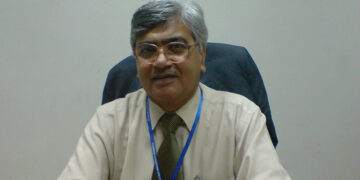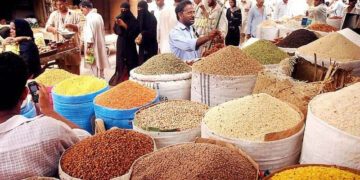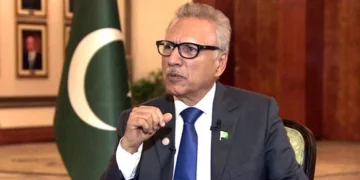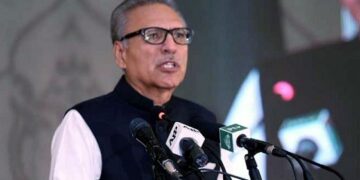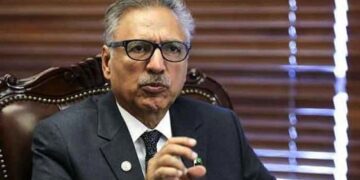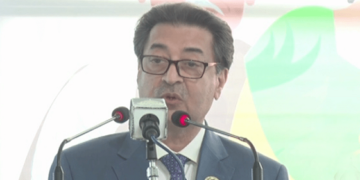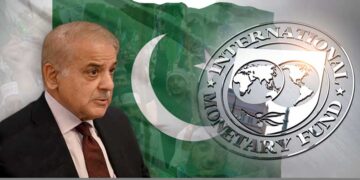
Is Forex Trading Gambling? Understanding the Risks and Rewards
In the modern financial landscape, the debate around forex trading and its similarities to gambling has generated significant interest. With its high volatility, complex market dynamics, and potential for substantial profits (or losses), many question whether forex trading is merely a gamble. For investors and traders alike, understanding this distinction is crucial. is forex trading gambling Trading Platform PH can provide insights into this vibrant trading environment.
The Nature of Forex Trading
Forex trading involves the exchange of currencies in a decentralized market. Unlike stock trading, which takes place on exchanges, forex trading occurs over-the-counter (OTC) and is driven by a plethora of factors such as economic indicators, geopolitical events, and market sentiment. Traders buy and sell currency pairs, speculating on the future direction of one currency against another. The forex market operates 24 hours a day, five days a week, making it accessible to traders globally.
Understanding Gambling
Gambling, on the other hand, involves placing bets on uncertain outcomes typically associated with games of chance. Outcomes in gambling are largely influenced by luck, while traders in the forex market use analytical skills, strategies, and market knowledge to make informed decisions. However, the potential for significant financial risk leads some to draw parallels between the two.
Risk Factors in Forex Trading
Forex trading undoubtedly involves risks. Several factors contribute to the high-risk environment:
- Leverage: Many forex brokers offer high leverage ratios that can amplify a trader’s gains but equally magnify their losses. This can lead to significant financial exposure, which resembles the risk-taking nature of gambling.
- Market Volatility: Currency values can fluctuate rapidly due to economic news, political unrest, or changes in market sentiment. Such volatility can lead to unpredictable outcomes.
- Emotional Trading: Traders often experience strong emotions like fear and greed. Emotional decision-making can lead to impulsive trades and significant losses, similar to the behavior seen in gamblers.
Strategies for Successful Forex Trading

While there are inherent risks, successful forex trading is not simply about luck. Many traders employ various strategies to manage risk and maximize returns:
- Technical Analysis: Traders use charts, indicators, and historical data to predict future price movements. This analytical approach distinguishes forex from pure gambling.
- Fundamental Analysis: Understanding economic indicators, central bank policies, and political events can help traders make informed predictions about currency movements.
- Risk Management: Successful traders implement risk management techniques, such as setting stop-loss orders, to protect their capital and avoid significant losses.
The Skill vs. Luck Debate
One of the significant arguments in the gambling vs. trading debate is the element of skill versus luck. While gambling outcomes largely depend on chance, successful forex trading relies on a trader’s ability to analyze market conditions, make informed predictions, and manage their risk effectively. This skill aspect makes forex trading fundamentally different from gambling.
Common Misconceptions about Forex Trading
1. Forex Trading Equals Easy Money: Many view forex trading as a quick route to wealth. In reality, it requires substantial knowledge, practice, and discipline.
2. All Forex Traders Lose: While many novice traders lose money, experienced traders can and do make a living from forex trading.
3. Forex is the Same as Gambling: While there are risks involved, the analytical and strategic elements of trading set it apart from gambling.
Conclusion
In conclusion, while forex trading and gambling share some overlapping characteristics, such as risk-taking and the potential for significant financial loss, the differences are profound. Forex trading requires strategic thinking, market analysis, and disciplined risk management, distinguishing it from gambling, which is primarily an activity of chance.
For those interested in engaging in forex trading, it is essential to approach it as a serious financial endeavor rather than a game of chance. By educating oneself, developing a robust trading strategy, and managing risk, traders can navigate the forex market with more confidence and potentially achieve success.
style=”display:none;”>






